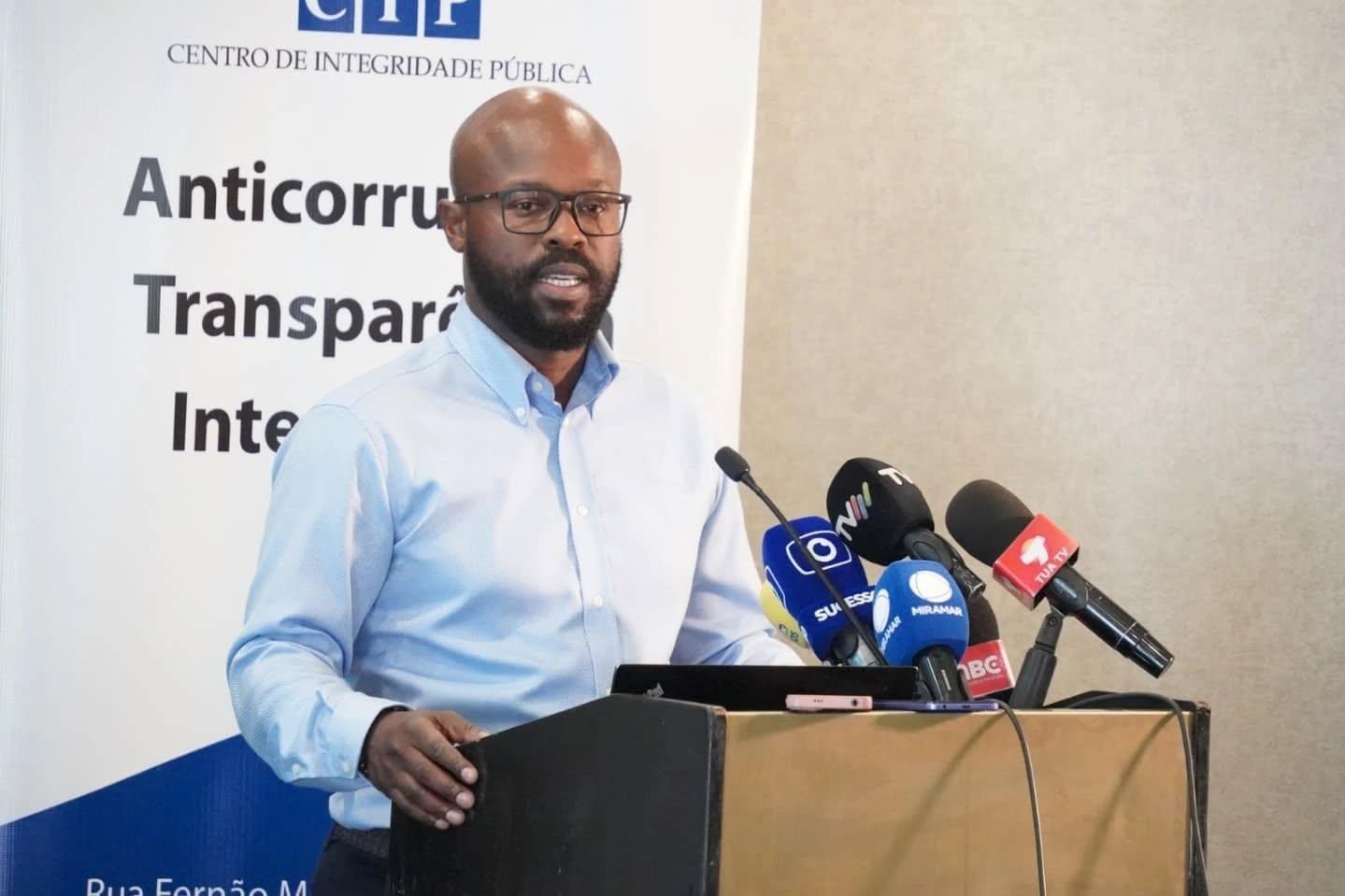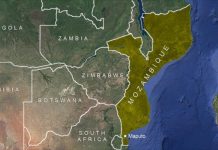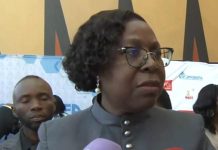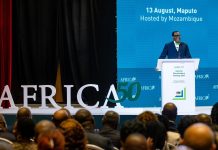Africa-Press – Mozambique. The Centre for Public Integrity (CIP), a Mozambican civil society organization, warned today of the “profound impact” of Mozambique’s foreign exchange shortage in the economy and on “the well-being of the population”, suggesting, among other effects, a possible rise in inflation.
“The foreign exchange shortage in Mozambique has a profound impact on the economy and the well-being of the population. Its effects are mainly manifested in limited import capacity, delays in international payments, the interruption of production chains, and the loss of competitiveness of economic sectors,” reads a preliminary study on the impacts of the alleged foreign exchange shortage released by the CIP on Wednesday.
Since last year, Mozambican businesspeople have been reporting a lack of foreign currency in their banks for overseas purchases, despite the central bank guaranteeing there are sufficient international reserves to cover imports for “well over five months”.
In its preliminary study, the CIP notes that the shortage of foreign currency “restricts imports, pushing up domestic prices and reducing the population’s purchasing power”.
“The disruption in imports of inputs for companies reduces economic activity, and may even lead to closures. This results in the lack of new jobs and mass layoffs, worsening unemployment in the country,” the study warns.
The same document concludes that the lack of foreign currency leads businesspeople to delay payment of import invoices, resulting in fines, loss of credibility with suppliers and the risk of “future restrictions on credit and the supply of goods and services”.
“Limiting imports of goods and services may limit the entry of some essential products such as medicines and medical equipment, which compromises the functioning of key sectors such as healthcare, transportation and others. This may hinder the population’s access to these essential services, exacerbating precarious living conditions,” the CIP study points out.
The CIP called attention to the fact that foreign exchange exists in the informal market at a rate 15% higher than that charged by commercial banks. “We observe that, while banks and exchange bureaus do not hold foreign exchange for sale, there is availability in the parallel market,” it states.
Given these impacts, the CIP calls for a review of the foreign exchange policy, which it believes is currently set “without support from market forces”, and for the strengthening of tripartite dialogue between the Bank of Mozambique, commercial banks and the private sector to implement measures which promote economic diversification and restore confidence in the foreign exchange market.
It also calls on the government and the private sector to promote alternatives for raising foreign currency and strengthen domestic production to reduce external vulnerability, observing: “Excessive dependence on imports makes the country vulnerable to external shocks such as exchange rate fluctuations, rising international prices for essential goods, and trade restrictions imposed by other countries.”
On August 6, Lusa reported that foreign exchange sales by Mozambican banks increased 51% in the second quarter compared to Q1, to US$1.846 billion (€1.593 billion), and that they were therefore selling more “forex” than they were buying from customers.
The Bank of Mozambique, Governor Rogério Zandamela said on July 31, was adopting measures to increase “fluidity” in the foreign exchange market, attempting to redistribute the volume of available foreign exchange.
Mozambican President Daniel Chapo recently accused commercial banks of “creating” a currency shortage as a “business opportunity”, observing that there has never been a shortage of foreign currency for dividend distributions at these institutions.
For More News And Analysis About Mozambique Follow Africa-Press






